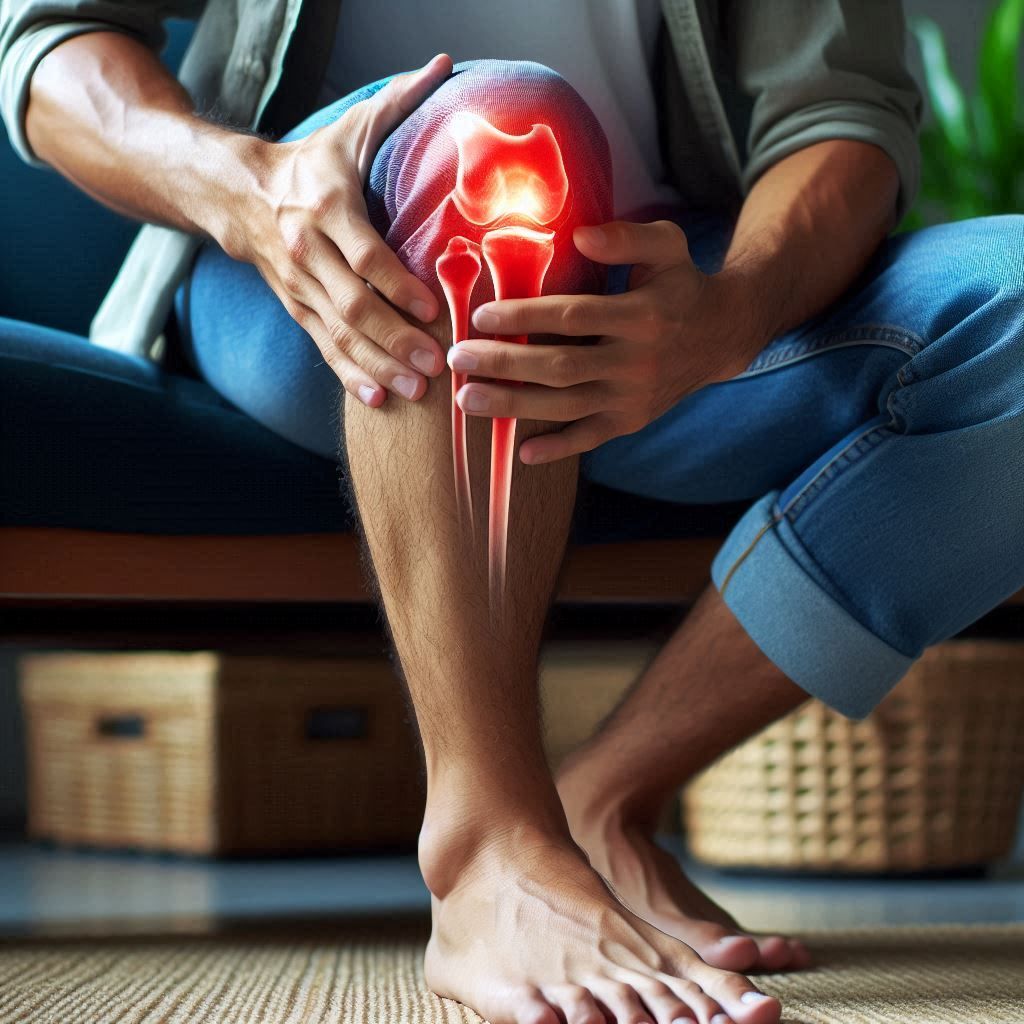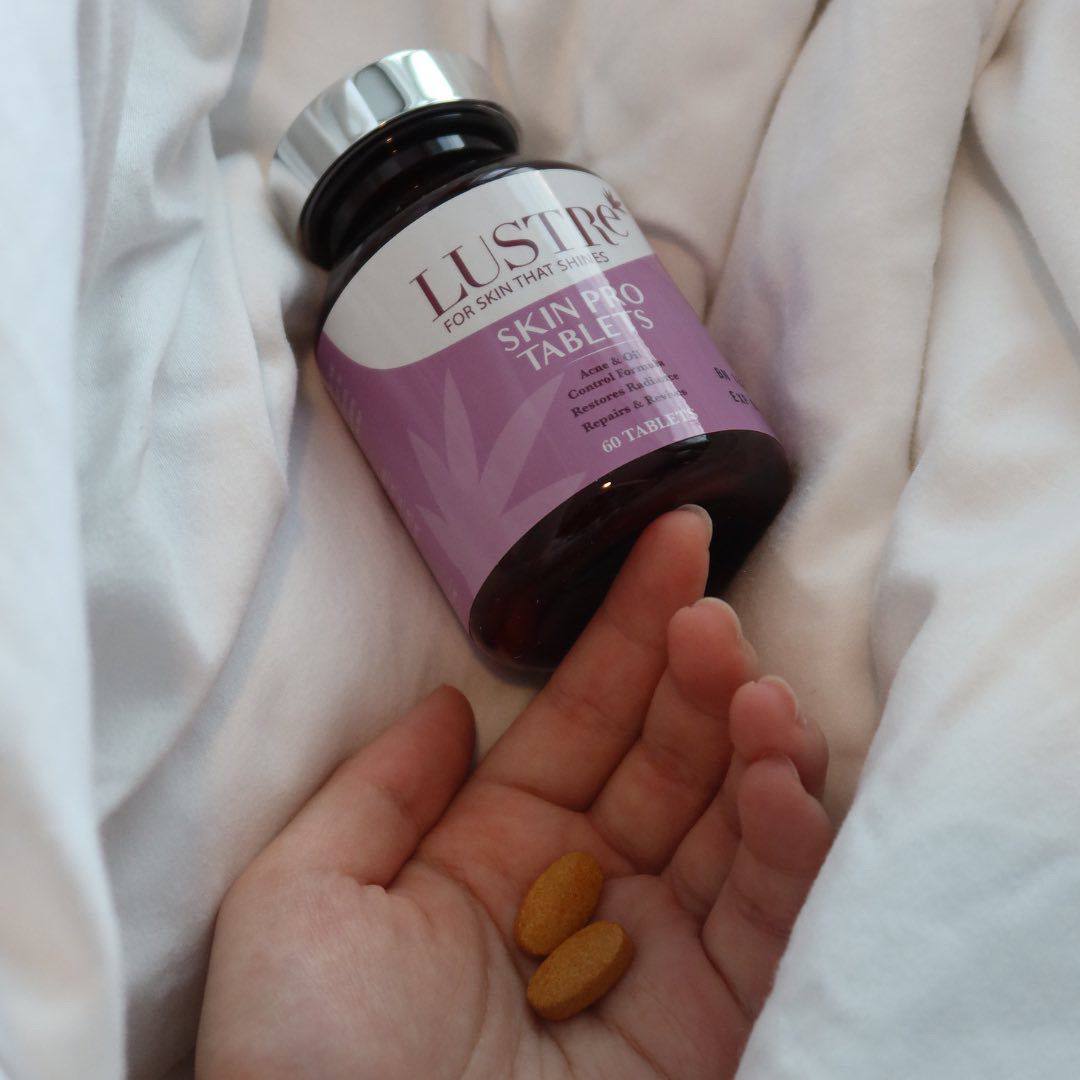Why Do Your Knees Crack in Your 30s? It’s a Wake-Up Call You Shouldn’t Ignore

Have you started hearing snap, crack, or pop when you get up, sit down, or climb the stairs? If your knees have suddenly become a soundtrack of their own, don’t brush it off as “just getting older.” Especially if you’re only in your 30s.
That sound is your body talking—and it’s asking for attention.
Whether you're chasing deadlines, toddlers, or fitness goals, your knees are quietly bearing the brunt of it all. And while cracking doesn’t always mean something’s wrong, frequent joint noise can be an early sign of wear and tear.
So, before you reach for knee braces in your 40s or feel the sting of regret later, let’s break down what those sounds mean, what you can do about them, and why your 30s are the golden window to protect your joint health.
🤔 What’s Causing the Cracks?
First things first—those cracking sounds are often called crepitus. Sometimes it’s harmless, caused by air bubbles or ligaments moving over bone. But if it happens regularly or comes with stiffness, discomfort, or swelling, it could be a red flag.
Your joints might be telling you that your cartilage—the cushioning between your bones—isn’t as resilient as it used to be.
And here's the reality check: in your 30s, early signs of joint degeneration can begin, especially if you’ve had previous injuries, a sedentary lifestyle, or repetitive strain from exercise or work.
📉 Joint Breakdown Doesn’t Happen Overnight
Think of your joints like the hinges of a door. If you never oil them, they’ll squeak, stiffen, and eventually wear out. Same with your knees. What seems like a minor crack now could be the early stages of long-term joint issues.
According to a study in Arthritis & Rheumatology, people who reported knee sounds—even without pain—had a greater risk of developing symptomatic osteoarthritis later in life. That means the sound is more than just annoying—it’s predictive.
So if you’re hearing these cracks more often, your body may be sending an early alert.
⚠️ Don’t Wait for the Pain
Pain is usually the last to show up. By the time your joints hurt, chances are the damage is already done. That’s why your 30s are the perfect time to start taking proactive steps—not just react when problems escalate.
Just like how we start investing for retirement early, investing in your joint health now pays off with stronger mobility and comfort later.
And here’s where smart supplementation comes into play.
🌟 Meet Your Joint's New Best Friend: Bodigard Berqah Shotz
You don’t need to pop a dozen pills or haul around supplement bottles. Berqah Shotz comes in a convenient sachet form—just tear, drink, and go. Designed to support overall well-being, it’s especially useful for people experiencing early signs of joint fatigue.
Daily use may help:
-
Support joint comfort and mobility
-
Promote natural recovery after physical activity
-
Boost energy and reduce fatigue
-
Reinforce your body’s natural defense system
If you’re serious about staying active, pain-free, and mobile in the decades to come, Berqah Shotz is a smart and easy way to nourish your body from the inside.
📚 Backed by Science, Not Hype
Still not convinced?
A review published in Journal of Medicinal Food (2016) found that certain natural-based health support supplements can significantly improve markers of joint discomfort and mobility—offering a safe, non-invasive alternative to traditional meds. Researchers emphasized the importance of early supplementation in managing joint inflammation before cartilage loss sets in.
In another 2014 clinical trial published in Phytotherapy Research, regular intake of plant-based bioactive compounds was shown to reduce inflammation levels in individuals with chronic joint stiffness. Participants reported improved comfort and movement over a short period—without the risk of dependency or long-term side effects.
So yes, your lifestyle and daily choices can change your joint health trajectory—and starting now gives you the upper hand.
🧘♂️ Real Talk: What You Can Do Starting Today
No, you don’t have to train like an athlete or turn your life upside down. But a few intentional shifts can go a long way:
-
Stay active: Focus on low-impact exercises like walking, swimming, or cycling to keep joints moving without overloading them.
-
Work on mobility: Add dynamic stretching or yoga to your routine—it helps lubricate joints and ease stiffness.
-
Check your weight: Extra weight = more pressure on your knees. Every kilo counts.
-
Recover wisely: Don’t skip rest days and be mindful after heavy workouts.
-
Add targeted support: Use Berqah Shotz daily to reinforce joint and energy support from within.
Remember: Prevention is so much easier (and cheaper) than repair.
👟 Final Word: Your Knees Aren’t Complaining, They’re Communicating
Cracking knees in your 30s may seem like a minor quirk. But they’re often the first whispers of a bigger story—one where you either take action now or face the consequences later.
Choosing to listen means choosing better mobility, more energy, and fewer aches in the years ahead.
So the next time your knees “talk,” don’t roll your eyes—roll out a plan.
👉 Support your joint health with Bodigard Berqah Shotz today. Your future self will thank you.





